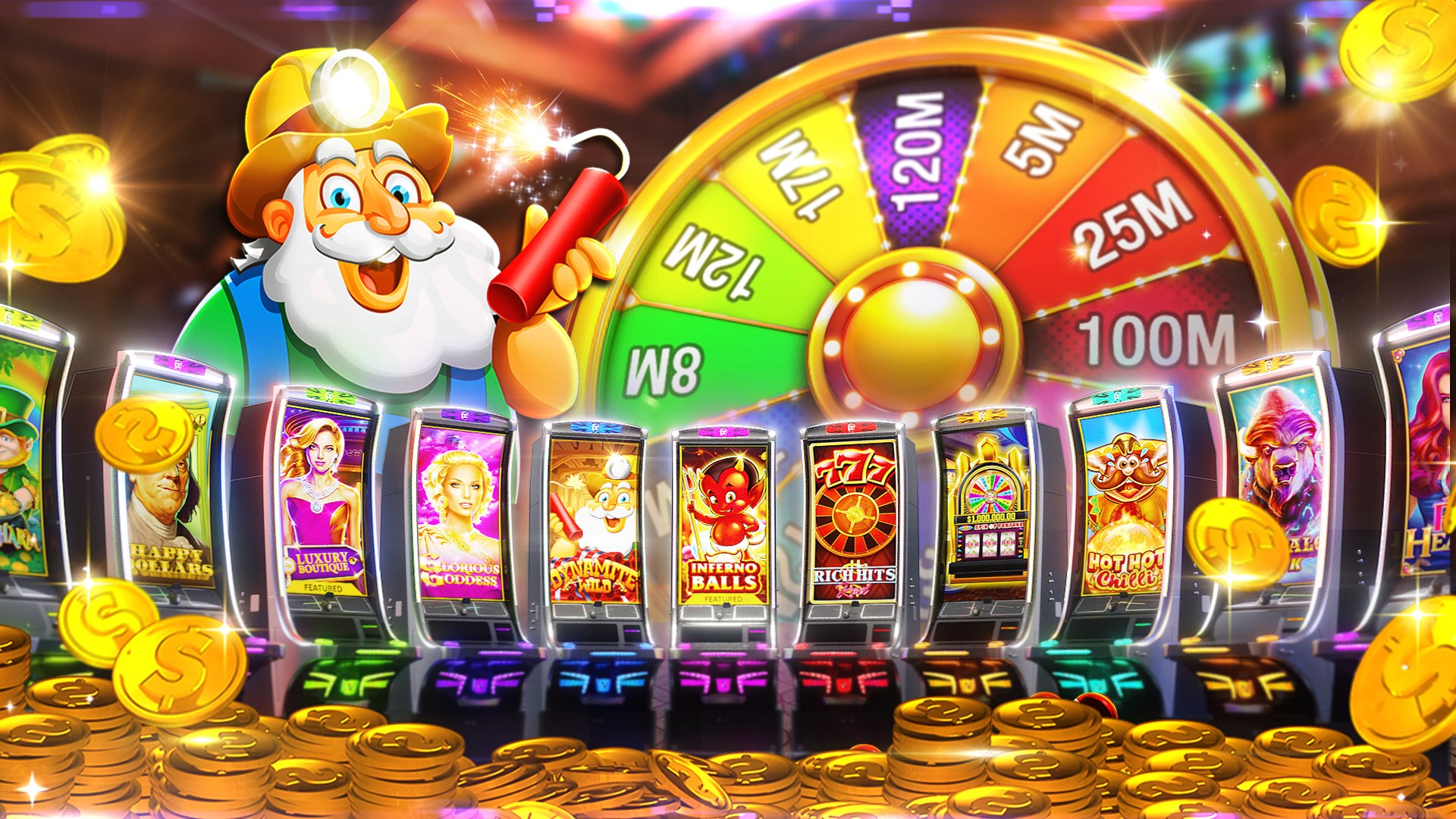The Development of Casino Gaming Activities Across the Centuries
admin
- 0
Casino experiences have fascinated players over the ages, transforming from simple pastimes to intricate adventures that combine luck, tactics, and amusement. From the ancient roots of gambling in societies including ancient Mesopotamia and Rome to the extravagant corridors of current casinos, the history of these games uncovers much about the human experience and our relationship with chance. As societies have intertwined and technology has advanced, casino games have transformed, illustrating shifts in society and advancements in gameplay.
The earliest forms of gambling likely involved basic games involving dice and wagering on the results of sports competitions. As time passed, these early games grew into better-organized games like card games, roulette, and the myriad slot games that fill the floors of casinos today. Each era brought its distinct regulations, visual styles, and sociocultural significance. In the current era, casino games maintain their evolution with the rise of internet-based platforms, enabling players from everywhere to engage in a shared experience, further merging the traditional with the modern era.
Initial Origins of Gambling Games
Gaming games have foundations that reach back to old civilizations, where gambling was deeply integrated in cultural traditions and cultural customs. The initial known forms of betting developed in Mesopotamia around 3000 BC, involving primitive die games made from knuckle bones. These early games laid the groundwork for more advanced gambling games, demonstrating human beings’ innate urge to find fortune and amusement through chance.
As civilizations developed, so did their gambling interests. In historic Chinese culture, around 2300 BC, tiles were unearthed that were similar to early basic versions of a lottery game game. More structured forms of betting arose in the Roman Empire, where activities of chance were a common pastime, often occurring in social gatherings. The ancient Romans developed multiple wagering activities, which entailed dice and board games, showing the widespread nature of betting across different social classes.
With the flow of years, these primitive games shaped the development of modern gambling games. In the medieval period, playing card activities became prevalent in Europe, paving the way for the professional gaming venues we know today. The shift from informal betting to organized gambling in pubs and private homes marked a significant shift in how people engaged with games of luck, leading to the eventual establishment of gaming houses as specialized venues for betting.
The Growth of Modern Gambling Industry
The late 20th century marked a crucial change in the world of gambling games, driven by tech innovations and changes in societal views towards betting. The emergence of personal computers and the World Wide Web transformed the way gamblers interacted with their preferred gaming experiences. Online casinos emerged, enabling enthusiasts to enjoy timeless table games like Texas Hold’em and 21 from the convenience of their homes. This new digital landscape not only expanded availability to casino games but also attracted a fresh audience who found the ease and variety appealing.
As online gaming gained traction, so did developments in gaming technology. The development of sophisticated software and graphics changed conventional gambling games into engaging experiences. Players could now interact with authentic live dealers through live streaming, bringing the feel of brick-and-mortar casinos directly into their houses. This blending of in-person play with online platforms created a new hybrid model that elevated the social aspect of playing, allowing it possible for individuals to connect and challenge with others around the planet.
Additionally, the growth of mobile gaming dramatically changed the gambling environment. casinos non UK With the widespread use of mobile phones and tablets, players can access their favorite gaming options at any location, anytime. Mobile apps offer a wide selection of games optimized for mobile screens, serving the busy lifestyle of modern users. This accessibility has produced rising involvement in gambling, contributing to the surge of the gambling sector. As a result, the outlook of the gaming industry continues to progress, adapting to new technologies and changing consumer preferences.
The Impact of Technology on Casino Games
The evolution of technology has greatly changed casino games, improving the overall gaming experience for gamblers globally. As the internet emerged, online casinos emerged, allowing players to enjoy their favorite games from the safety of their own homes. This shift not only made casino games more accessible but also increased the variety of games available, as online platforms could offer many different versions of traditional games without the physical constraints of physical casinos.
The rise of mobile technology further revolutionized the casino gaming landscape. As smartphones and tablets became widespread, players now have the ability to play casino games anytime and anywhere. This flexibility has led to the development of dedicated mobile applications and optimized websites that offer smooth gaming experiences. Additionally, advancements such as live dealer games have delivered the genuine feel of a casino into players’ living rooms, bridging the gap between physical and online gaming.
Moreover, advancements in artificial intelligence and VR are leading to the next generation of casino games. AI enhances game design and player interaction, creating customized experiences based on user behavior and preferences. Meanwhile, virtual reality offers immersive environments where players can interact in a virtual casino environment, making the gaming experience more engaging and lifelike. As technology continues to evolve, the future of casino games looks promising, filled with limitless opportunities for advancements and entertainment.
